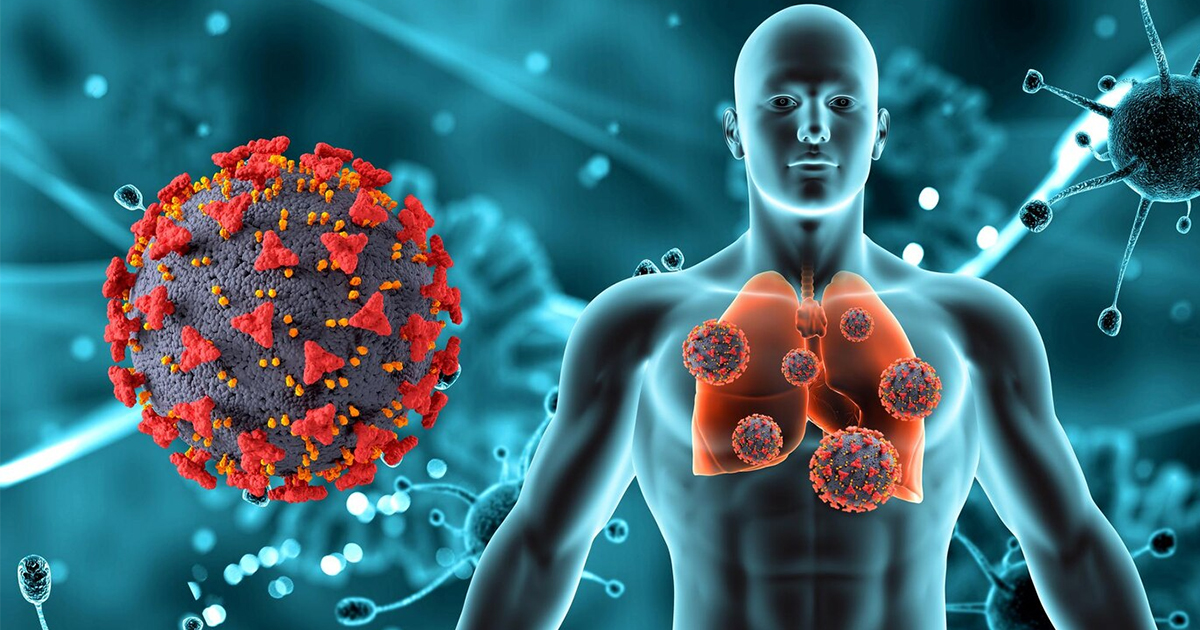Respiratory Infectious Disease Epidemiology and Control
A special issue of Tropical Medicine and Infectious Disease (ISSN 2414-6366). This special issue belongs to the section "Infectious Diseases".
Deadline for manuscript submissions: 28 February 2025 | Viewed by 1625

Special Issue Editors
Interests: infectious diseases epidemiology; transmission dynamics; prediction and forecast; environmental epidemiology; mitigation and control of epidemics; biostatistics; public health
Special Issues, Collections and Topics in MDPI journals
Interests: statistical methods in diagnostic accuracy; mathematical modeling in infectious diseases; Bayesian data analysis; machine learning
Special Issue Information
Dear Colleagues,
Respiratory infectious diseases pose a significant global health burden, accounting for many associated infections and high severity, highlighting the continuous need for effective, proactive, and timely interventions to control or mitigate the spread of diseases. These interventions, through public health and social measures (PHSMs) and vaccination schemes, were found to have clear data-driven capabilities in mitigating respiratory viruses, including influenza, respiratory syncytial virus (RSV), hand-foot-and-mouth disease (HFMD) and severe acute respiratory syndrome coronavirus 2 (SARS-CoV-2).
The detailed data on the recent COVID-19 pandemic have raised several research questions at various levels of infectious disease epidemiology and modeling. At the parametric level, it is highlighted with regard to the improvement in the inference of epidemiological parameters and their time-varying characteristics across the outbreak’s span. Such temporal parametric information could allow us to assess the impacts of these PHSMs better and, thus, provide better real-time intervention policies. Furthermore, the epidemiological dynamics and the characteristics of these respiratory viruses would be interesting to assess during the post-COVID-19 pandemic period, accounting for their coexistence and co-circulation.
In this Special Issue, we welcome submissions of studies covering topics including, but not limited to, the epidemiology and transmission dynamics of these respiratory diseases and their control strategies, impact assessments of these interventions, predictions of population immunity, and the dynamics and disease burdens of these respiratory viruses during the pre- and post-COVID-19 pandemic periods. We also welcome original research using qualitative and quantitative data, meta-analyses, or systematic reviews, as well as various types of study including brief research reports, perspectives, general commentaries, methodologies, and policy briefs.
Dr. Sheikh Taslim Ali
Dr. Jing X. Kersey
Dr. Li Li
Guest Editors
Manuscript Submission Information
Manuscripts should be submitted online at www.mdpi.com by registering and logging in to this website. Once you are registered, click here to go to the submission form. Manuscripts can be submitted until the deadline. All submissions that pass pre-check are peer-reviewed. Accepted papers will be published continuously in the journal (as soon as accepted) and will be listed together on the special issue website. Research articles, review articles as well as short communications are invited. For planned papers, a title and short abstract (about 100 words) can be sent to the Editorial Office for announcement on this website.
Submitted manuscripts should not have been published previously, nor be under consideration for publication elsewhere (except conference proceedings papers). All manuscripts are thoroughly refereed through a single-blind peer-review process. A guide for authors and other relevant information for submission of manuscripts is available on the Instructions for Authors page. Tropical Medicine and Infectious Disease is an international peer-reviewed open access monthly journal published by MDPI.
Please visit the Instructions for Authors page before submitting a manuscript. The Article Processing Charge (APC) for publication in this open access journal is 2700 CHF (Swiss Francs). Submitted papers should be well formatted and use good English. Authors may use MDPI's English editing service prior to publication or during author revisions.
Keywords
- respiratory diseases
- epidemiology
- dynamics
- prediction
- mitigation and control
- public health policy
Benefits of Publishing in a Special Issue
- Ease of navigation: Grouping papers by topic helps scholars navigate broad scope journals more efficiently.
- Greater discoverability: Special Issues support the reach and impact of scientific research. Articles in Special Issues are more discoverable and cited more frequently.
- Expansion of research network: Special Issues facilitate connections among authors, fostering scientific collaborations.
- External promotion: Articles in Special Issues are often promoted through the journal's social media, increasing their visibility.
- e-Book format: Special Issues with more than 10 articles can be published as dedicated e-books, ensuring wide and rapid dissemination.
Further information on MDPI's Special Issue polices can be found here.








